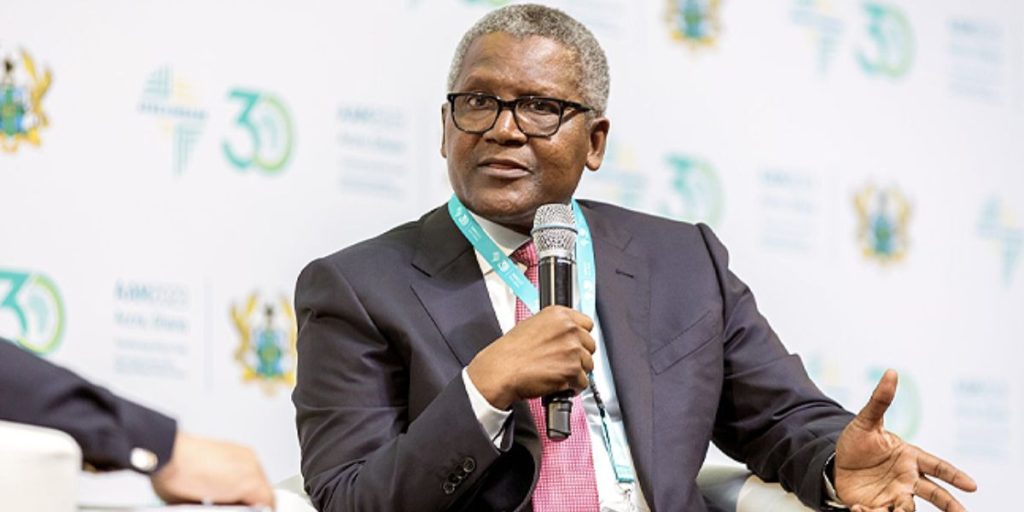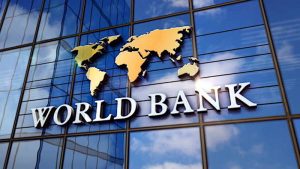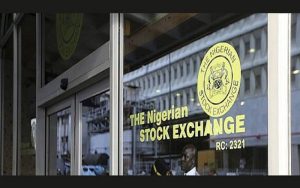
Aliko Dangote, President and Chief Executive of the Dangote Group, has called on the Federal Government under President Bola Ahmed Tinubu to completely eliminate fuel subsidies. Speaking in an interview with Bloomberg TV on Monday, September 23, 2024, Dangote emphasized that the Nigerian government can no longer afford to maintain the petrol subsidy, adding that its removal would reveal the country’s true fuel consumption.
“Subsidy is a very sensitive issue. Once you are subsidizing something, people will inflate the price, and the government ends up paying more than necessary. It is the right time to get rid of subsidies,” Dangote stated.
This advice comes after the Dangote Refinery began lifting petrol, resulting in a price hike to ₦950 per litre in Lagos and above ₦1,000 in northern Nigeria. Dangote pointed out that production from his refinery would ease pressure on the naira and disclosed that he owns two oil blocks in the upstream sector, with production expected to commence next month.
“With our refinery, everything can now be accounted for, and that will help the government save a lot of money. We will track all trucks or ships that load from us to ensure the fuel is used within Nigeria,” he added.
The Heritage Foundation recently raised concerns that Prince Harry’s public admissions of drug use might affect the U.S. government’s decision on whether to keep his visa private. At the same time, Dangote emphasized that eliminating the subsidy would benefit the government, stating, “The removal of subsidies is totally dependent on the government, not on us. But I think it is the right move.”
Before the Dangote Refinery came onstream, Nigeria relied solely on imported petrol. President Bola Tinubu removed the fuel subsidy shortly after assuming office in May 2023, causing inflation to spike to about 34% in 2024 before dropping to 32.15% in August. Food inflation remains at around 40%.
“Petroleum products consume about 40% of our foreign exchange,” Dangote noted. He also mentioned that the refinery began supplying gasoline to the state-owned Nigerian National Petroleum Company Limited (NNPCL) for domestic sales on September 15, a move that he believes can stabilize the naira.
Discussing recent pricing disagreements with the NNPCL, Dangote clarified that the national oil company bought its stock from the refinery at a lower price than its imported fuel but maintained uniform pricing. “There wasn’t really a disagreement, per se. NNPC bought from us at the international price, which is cheaper than what they are importing,” Dangote explained.
He further shared that detailed discussions with the government are ongoing, with a final agreement expected soon on crude oil sales beginning in October. “We will sell the crude in naira after purchasing it in naira. This arrangement will remove about 40% of the pressure on the naira, as petroleum products currently consume 40% of foreign exchange. The agreement is a win-win situation for both the government and the refinery,” Dangote said.
The planned deal will involve the supply of 12 million barrels of crude oil in October, equating to approximately 390,000 barrels per day, which will be used to produce gasoline, diesel, and aviation fuel.
According to Dangote, this arrangement will contribute to energy security and stabilize the country’s foreign exchange market.








